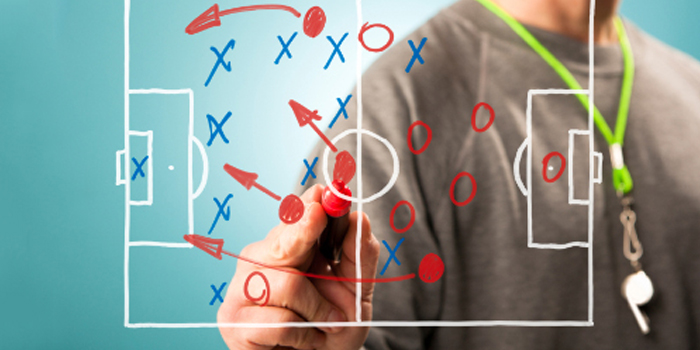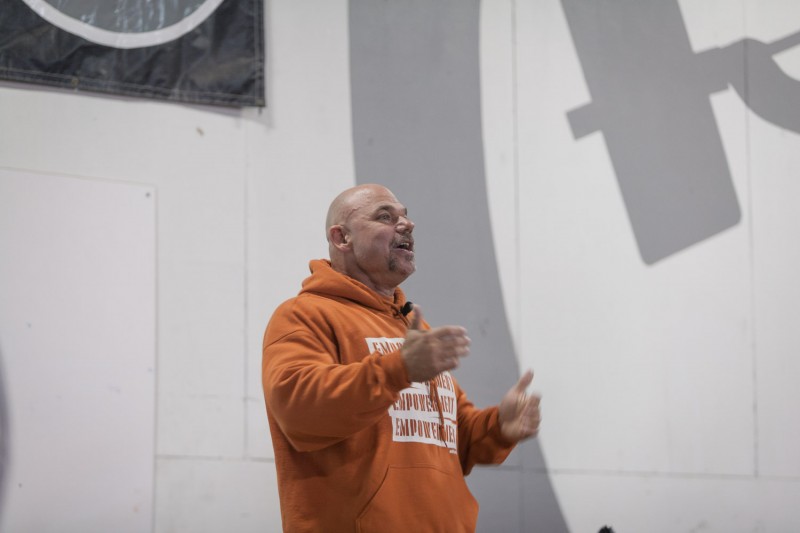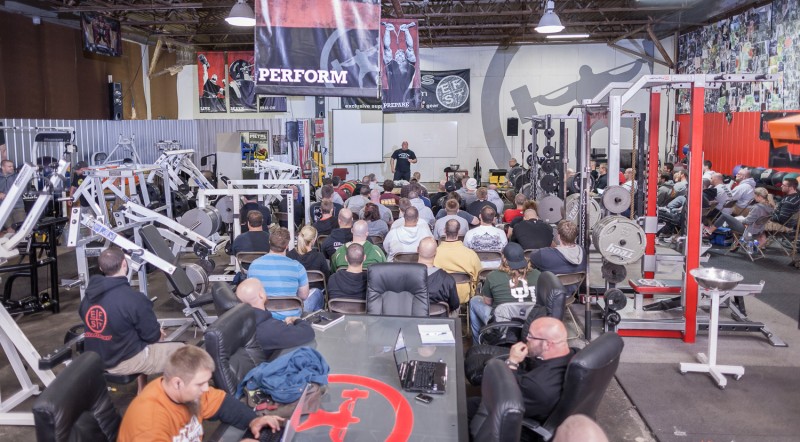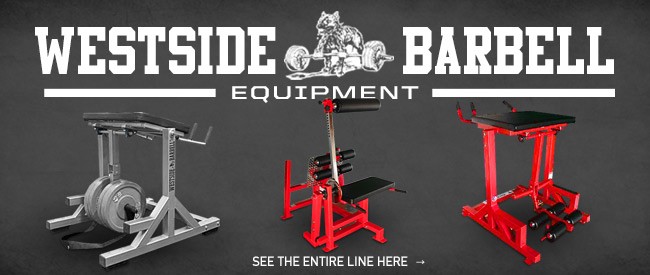
A few years ago, I wrote an article titled Know YA that discussed the importance of knowing who your audience is at all times — not just when you're speaking, but always. The words I wrote then still stand true for me today. Often, we as coaches concern ourselves with our main audience—our athletes—but our secondary audience is just as important (and in many ways more important). Think about all the successful people you have come across in your life. Each and every one of them at some point caught a lucky break. Yet, the previous work they did helped them fall into that break. Many times, even with the lucky break and the mistakes they made, they wouldn't have had success without a great reputation for quality work.
RELATED: By the Coach for the Coach: Know YA!
If you've never listened to the podcast “How I Built This,” I recommend starting now. This podcast talks to people who “built” something from nothing. In every interview, the person mentions how along the way they got lucky, but they all had an idea and built something that people needed or wanted. My favorite is the episode about the company Patagonia. Yvon Chouinard founded Patagonia and still to this day tells his employees to go surf when the surf is up. He built something we all preach: culture!

Chouinard built a culture with a bunch of his surfing and skiing friends who enjoyed the things that he enjoyed. How can that make us better coaches? We must know our daily audience. When he first started Patagonia, Chouinard’s audience was people like himself. He sold to his climbing buddies. Think about a small company founded around the year 1998 called elitefts. Dave Tate started selling bands, T-shirts, and other items to like-minded people like lifters, a few coaches, and some meatheads. For those of you who are too young to remember, I remember calling Tim Kontos and telling him about a new question that was just posted on the elitefts Q&A. Then we would do a deep reading of the information and debate the answer. At the time, I didn't know that it was just Bob Youngs somewhere typing up whatever was on the top of his head. I don't even know if Bob knew who his audience was back then.
As coaches, our audience most of the time is our athletes (or at least it should be). So how do we get to know our athletes better? First, we need to be honest about who we work with. This is hard for many of us to do. We probably don't have the top one percent of athletes in our sport. If a few thousand people read this, odds are that only one or two work with the top one percent. I've been lucky enough to train a few people who have been in the Olympics. I've also worked with a handful of All-Americans, but no true national champions in any sport. So I need to admit that most of my athletes aren't in the top one percent. How does this affect how I train, speak to, or treat my athletes? It doesn't mean that I demean them; it means that I know who I'm working with. I once heard a coach (whom I respect immensely) say that he had to build athletes because his school didn’t get the best of the best. None of us can build an athlete. If a young man or woman isn't very talented, all the strength in the world won’t make him or her a top athlete. It will help, but they need to improve at their sport. Most athletes I have are just too weak and their work capacity is terrible.
I received a phone call today from Cameron Davidson, one of the best coaches I know. He was telling me what his volleyball team was doing this week. We hadn't had a conversation about volleyball training in years, and our programs were eerily similar. His school has multiple national championships. Mine is very competitive, but we've never won an NCAA tournament game. One would think that training these two groups of athletes should be very different.
As we talked about our training, Cam said something that we've all heard before, but it caused me to think a little more this time. He said, "Without aerobic training, all other training will suffer." So at this time of the year, we were both using two wild concepts to increase the work capacity of our volleyball athletes. These two concepts are simple yet very important.

Specific Adaptation to Imposed Demands (SAID)
SAID is something we learn as undergraduates and then probably don't think enough about for a long time. Its simplicity is what makes it so important. The athlete will adapt to whatever demand you, as the coach, place on them. If you want your athletes to squat, squat them. I tell all my athletes that they can’t refer to themselves as athletes until they can perform five pull-ups. I do this as a good rule of thumb and don't have any science to back it up, but whether you're male or female, you must be able to control your own body weight. So in my programming, we do a lot of pull-ups. Remember, SAID is very important with your athletes!
Progressive Overload
Cam and I both mentioned that the weight progressions for our athletes for the first few weeks were just "more than they did last week." This concept is so simple and so important. You must do something more, something harder, or something better than you did last time. My own squat session today was a repeat of one I did one month ago. The difference was that it was faster and cleaner than it was one month ago. Remember, to progressively overload you must always be doing more.
What does all this have to do with knowing your athlete? In the early off-season, many of my athletes and Cam's athletes are similar. They need to move well, get stronger, and increase work capacity. So whether you use 1x20, 5/3/1, or block training, it doesn't matter. What matters is that you reach your goals and make your athletes better. As we move forward with training, this is where the top athletes will separate themselves from the others.
RECENT: How to Set up a Conference at Your University
This takes me back to the young Coach Hamer that I used to be. We had a lacrosse player who had the second best vertical jump on the team. He had the best 40-yard dash and he was in the top three on the team in strength. But when he played lacrosse, he didn’t move fast at all. He came to me one day and said, "I need to be stronger." I asked him why he thought this. I don't think he expected this response. At the time, our best player and team captain happened to be there, and I asked him when he had started playing lacrosse. He said that he began playing at four years old. The other guy had started playing in high school. I said, "Look, man, I want you to get stronger and be better, so here’s the deal. You can get in an extra lift every day, but for each extra lift you get, you must get 20 minutes of stick work in." His issue wasn't strength and speed; it was his ability to play lacrosse that was holding him back. I should've just told him, "Yeah! Let’s bench 400!"
Now, let me ask you some questions. What will you do to make your athletes better? More reps? More sport specific work? More conditioning? I don't care what program you use. I've met coaches who use Olympic lifts, kettlebells, or just power lifts. Guess what? None of that matters. If your athletes succeed and become better, not just at sport but in life, you've done your job and you should sleep well at night knowing that.











All of your athletes can do 5 pull-ups? I must be a failure!